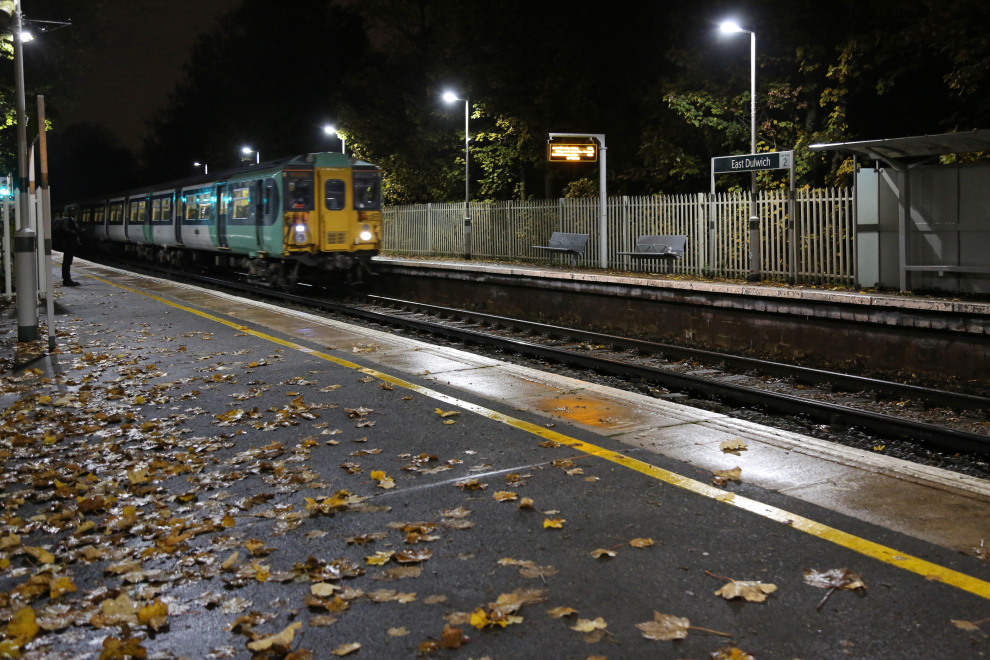Businesses in Swansea are counting the cost of poor train services, with nightlife venues claiming they are losing significant revenue due to the lack of late-night transport options. Pubs, clubs, and theatres in Wales’ second-largest city argue that the absence of convenient late trains forces visitors to hurriedly leave their establishments, impacting the city’s nightlife and overall economy.
Currently, on a Friday night, the last train to neighbouring towns like Neath, Bridgend, or Cardiff departs Swansea at 22:32 GMT. Conversely, trains returning to Swansea from Cardiff, for instance, continue until 01:00 GMT. This disparity means patrons attending events, gigs, and shows in Swansea often have to leave prematurely, missing out on the full experience due to the early train schedule.
Stuart Ackland, owner of Hippos bar on the High Street in Swansea, highlighted the issue, stating, “Every week we get people asking what time it is, and then we tell them the time, but they have to leave and not join us because of the train times.” The situation is echoed by Scott Mackay, manager of Elysium Gallery and Bar, who emphasized the adverse impact on the city’s night-time economy, saying, “It means we are losing a lot of business and money because people have to rush away.”
This sentiment was reinforced by Stuart Cole, emeritus professor of transport at the University of South Wales, who pointed out that the lack of late trains contradicts the Welsh government’s goal of encouraging public transport usage. “People go into Swansea, to the Grand Theatre or other places, and those shows finish at 22.30 or 23.00,” he said. “But if the last train is at 22:30, people will come in by car and leave by car. They don’t use the train at all, and that’s what everyone is trying to get people to do.”
Transport for Wales, the agency responsible for the region’s railway services, acknowledged the issue and stated that it has a “long-term ambition” to introduce later services from Swansea to Cardiff. However, these plans are contingent on acquiring the necessary permissions from Network Rail to ensure late trains do not disrupt essential railway maintenance overnight.
Transport experts emphasise that investment in late-night travel options is vital not only for the city’s businesses but also for attracting more visitors to the area. By extending the operating hours of trains, Swansea could enhance its appeal, making it a more attractive destination for both locals and tourists alike.
As Swansea’s businesses clamour for a solution, the focus now shifts to the authorities to work towards providing a more inclusive and convenient transport system. Failure to address this issue could result in further financial setbacks for the city’s thriving nighttime economy, prompting urgent action to be taken to secure Swansea’s status as a vibrant and accessible destination for entertainment and leisure.
















